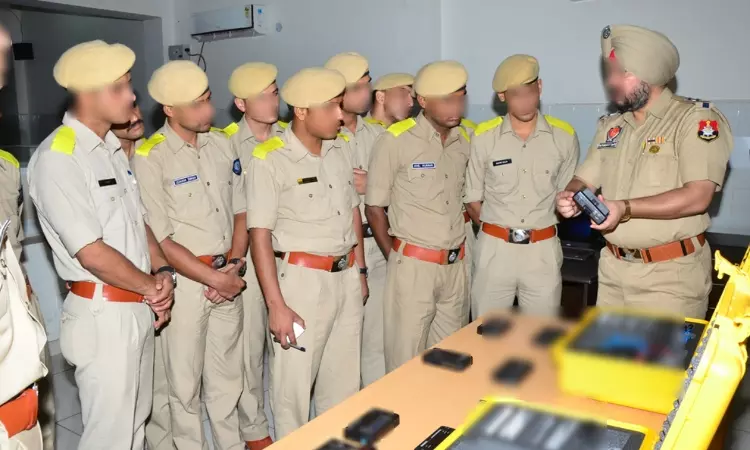Observing that "police officers are performing the duties which touch upon freedom of life and liberty," the Punjab & Haryana High Court has directed the Director General of Police, Punjab to arrange a training program on Fundamental Rights for police officials irrespective of their ranks.Justice Jasgurpreet Singh Puri said, "This Court is of the view that even the police officers...

